Tourism can be of great social, cultural, and economic value to everybody involved — the visitor and the visited. And a big part of it will be determined by the type of traveler you are.
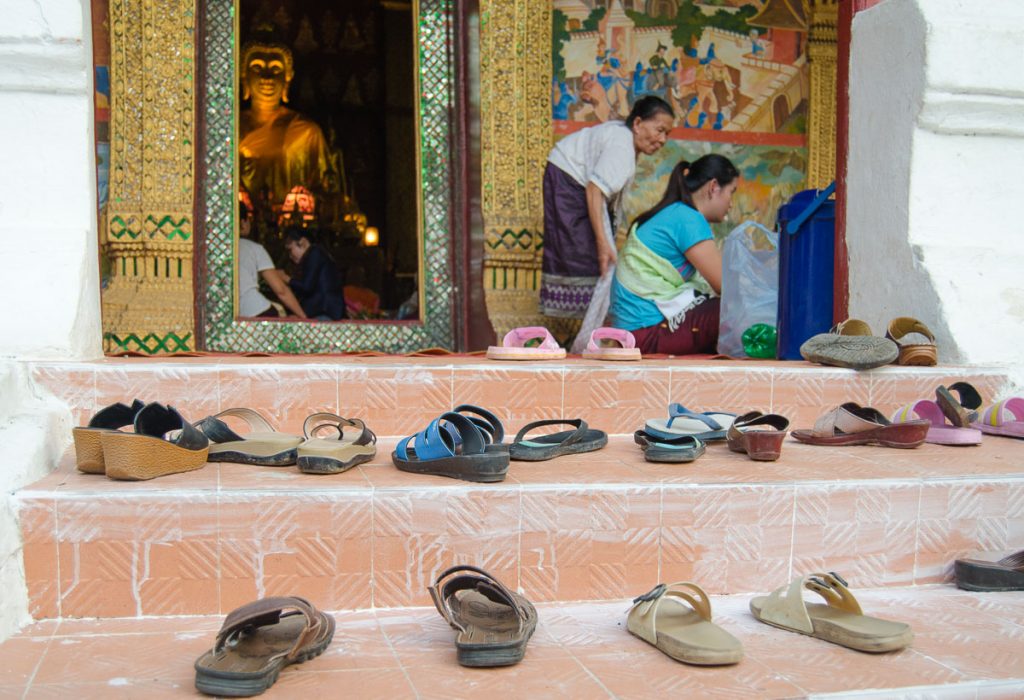
Bad Tourists
There’s nothing worse than a petulant tourist making a scene at a 3rd world restaurant because he’s a bit peckish and no one in the staff can speak English, right?
Actually, there is: seeing empty water bottles and soda cans scattered everywhere as you’re visiting the temples of Angkor, or the words “Jenny 2006” carved into the stone walls of a World Heritage site. And let’s get real: not a single Cambodian girl is named Jenny. Jenny is the pet name for Jennifer — a privileged western girl that flew to Cambodia thanks to the earned miles from her credit card, and thought it was cute to leave her mark on the other side of the world.
Please, don’t be Jenny.
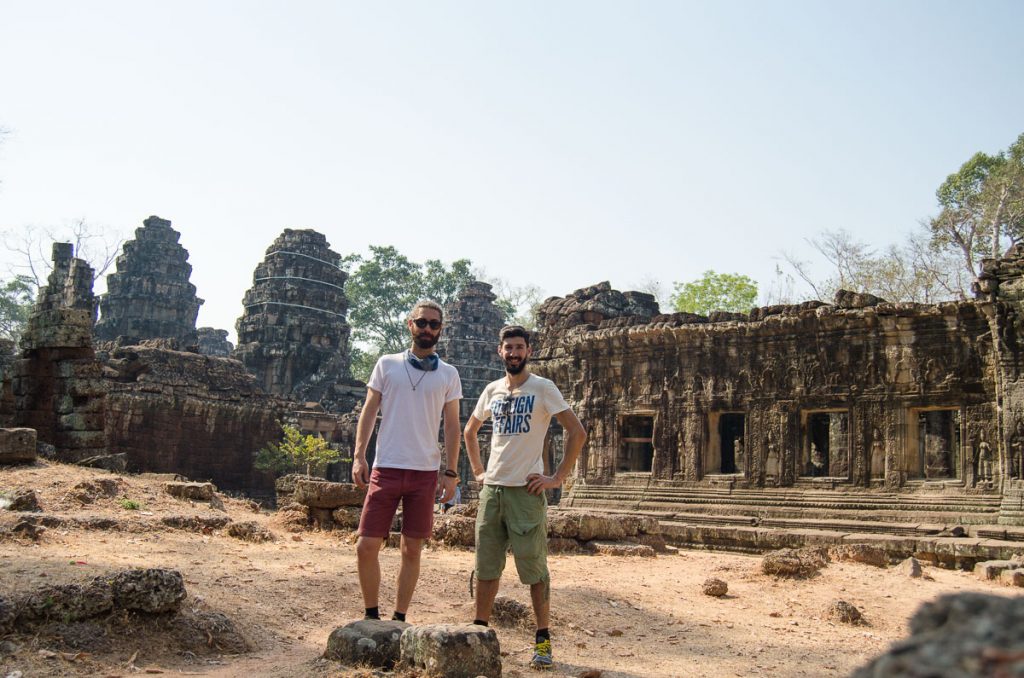
Environmental Conscience and Cultural Respect
Here’s a simple way to put it: when you travel you’re always a guest in someone else’s home, so behave accordingly.
You may not agree with all the customs of the country you’re visiting but that’s your prerogative.
But we’re not asking you to compromise your values though: Nuno and I spent whole days carrying trash in our backpack when the norm was to throw it on the ground.
On our trip to Southeast Asia, we never engaged in activities involving elephants or any other animal because let’s face it: even though elephants are adorable, these tourist activities are businesses, and many times the proper treatment of the animals is often not a priority.
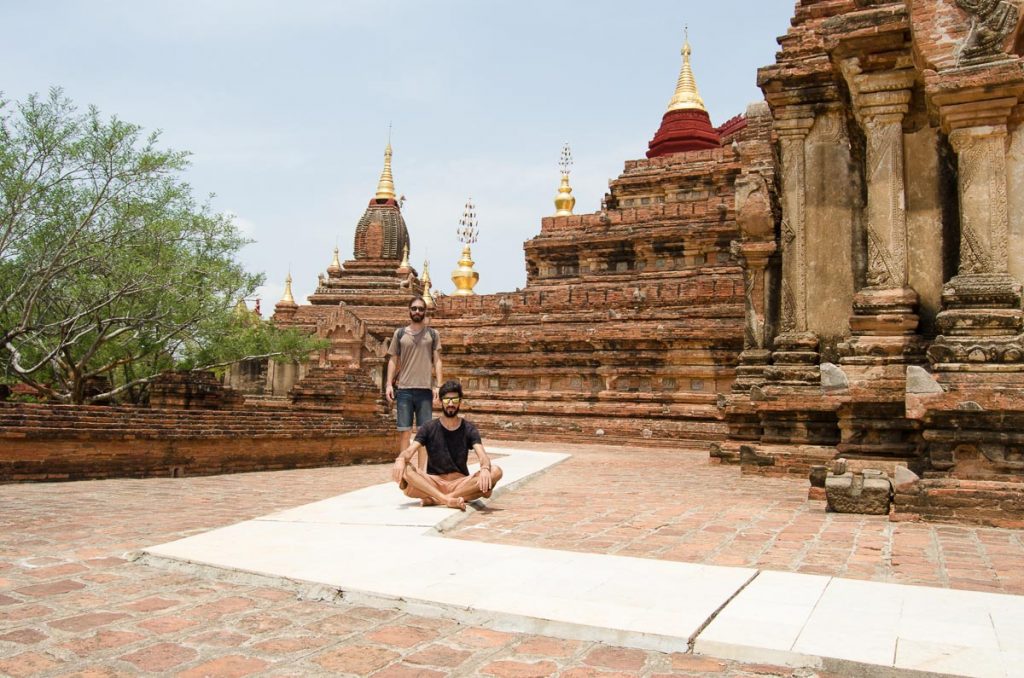
Using the photo above as an example: we’re not Buddhists, the floor was scorching and nobody was around to make sure we weren’t wearing shoes, but we didn’t anyway. This is a sacred place to the Burmese and they always walk barefoot when visiting temples.
Let the uncomfortable situations serve you as a contrast to appreciate what you have back home. We all love to yap about how we ‘travel to experience different cultures’, well the bumpy bits are part of the experience too, so learn something from them!

It’s key to be respectful and ask for permission before snapping pictures of locals. Always be sensitive to the situation, respect local rituals and ceremonies by being the least invasive as possible. Otherwise, you’ll end up one of those rude paparazzi-tourists we witnessed in Luang Prabang during the alms giving ceremony—revealing their lack of information and detachment from the culture they were in.
Good tourists travel like locals
A good practice for all of us travelers is to do some research on the customs and traditions before visiting any given place. By educating ourselves on the social reality of a country, we’re providing insight into our minds and empathy to our hearts.
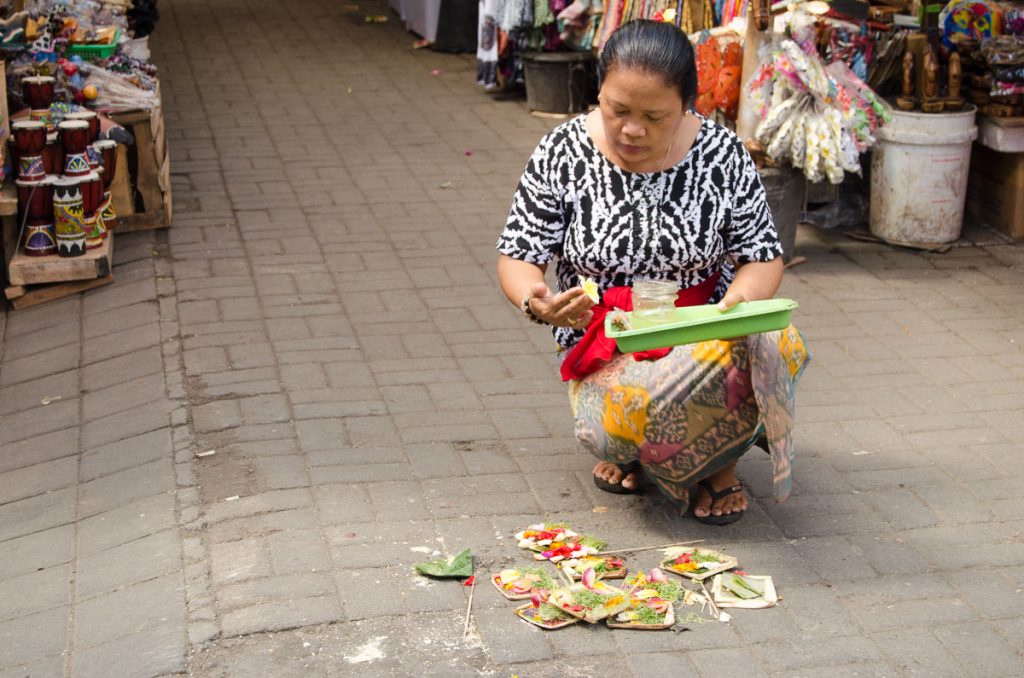
Don’t be rude when people don’t understand English. In fact, you shouldn’t expect them to.
Learn some basic words in their language even if just “Hello” or “Thank you” — it’s a sign of consideration. Smile and use any interactions as a way to learn some new vocabulary!

Keep in mind that you’re the one on vacation, traveling, and probably having the time of your life, but locals are just going about their daily routine. The same day, but VERY different perspectives.
Be a conscious consumer and buy locally made products to support local communities. Go eat at local restaurants, taste new flavors, and enjoy the country’s cuisine. Eat the fruits locals eat, drink coffee the way they drink it, and avoid sugar-filled plastic packaged crap when you feel like snacking.
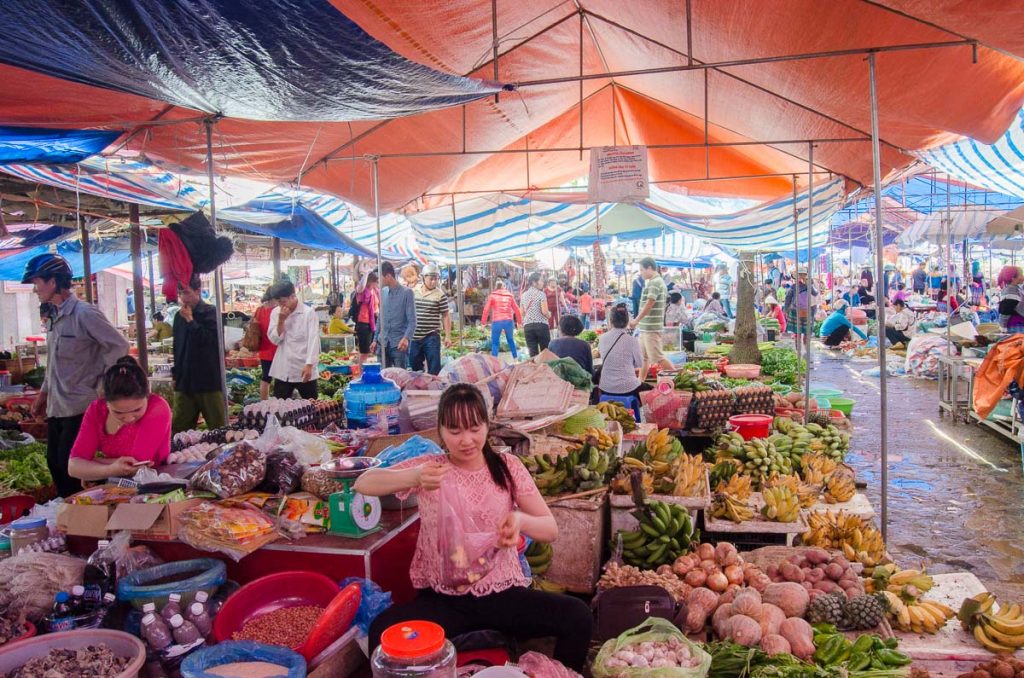
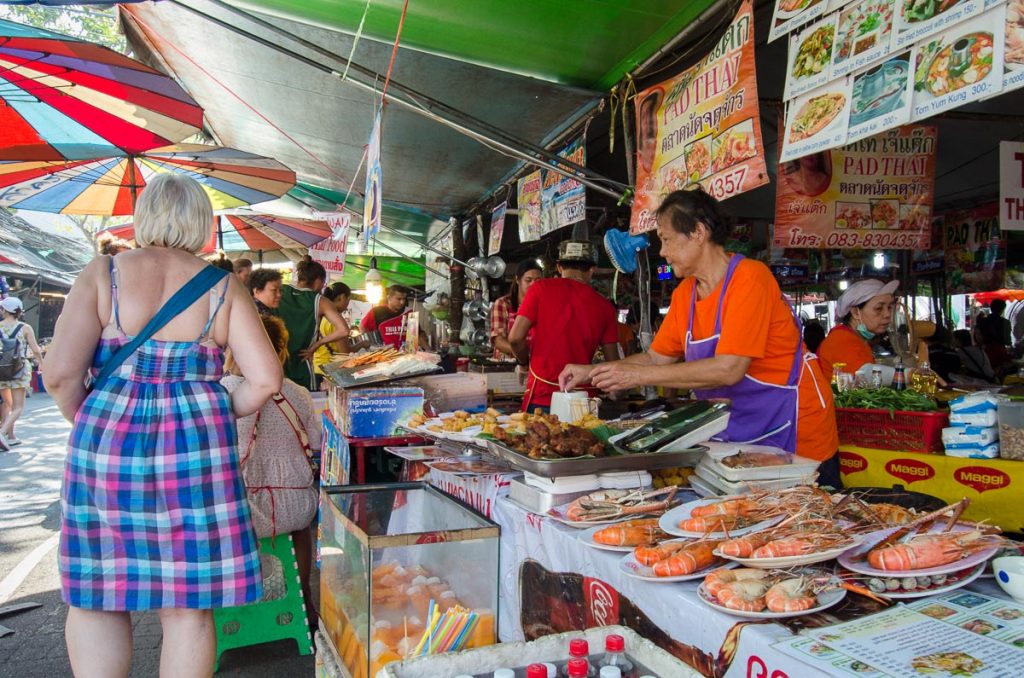
When choosing accommodation, stay in locally owned guesthouses instead of international hotel franchises, and remember that buying locally will always cost you less!
You don’t need to wear a hijab as soon as you arrive in a Muslim country because is common for local women to do so. Just be mindful and dress appropriately to not be walking around a Buddhist conservative country with a bedazzled bikini top and cut-off shorts because ‘it’s like, really hot outside’.
That’s something Jenny would do.
Remember: don’t be Jenny.
Be polite, positive, and eco-conscious.
Do you have other examples of good tourists and bad tourists?
Leave them in the comments below!
RELATED POSTS
February 7, 2021
10 ways to keep the travel spirit alive
So you’ve returned home after a big trip, unpacked your stuff, and put away your passport in a drawer. Now what? Now…
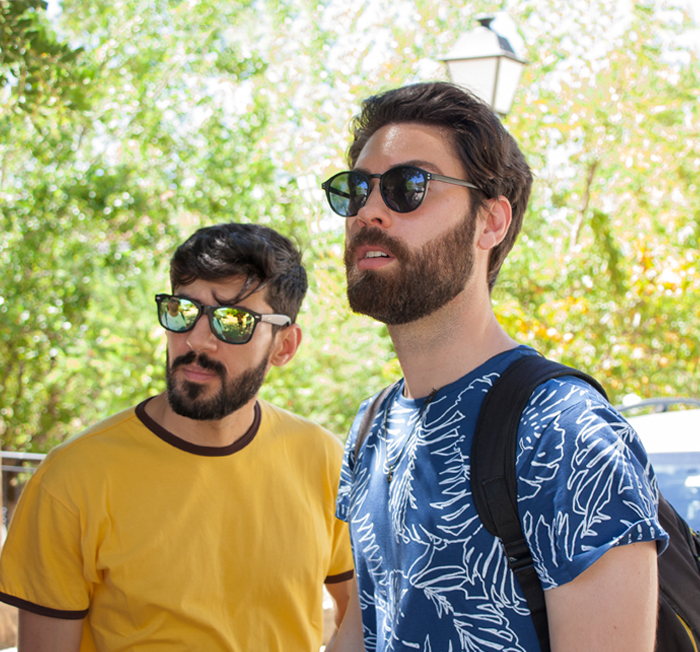


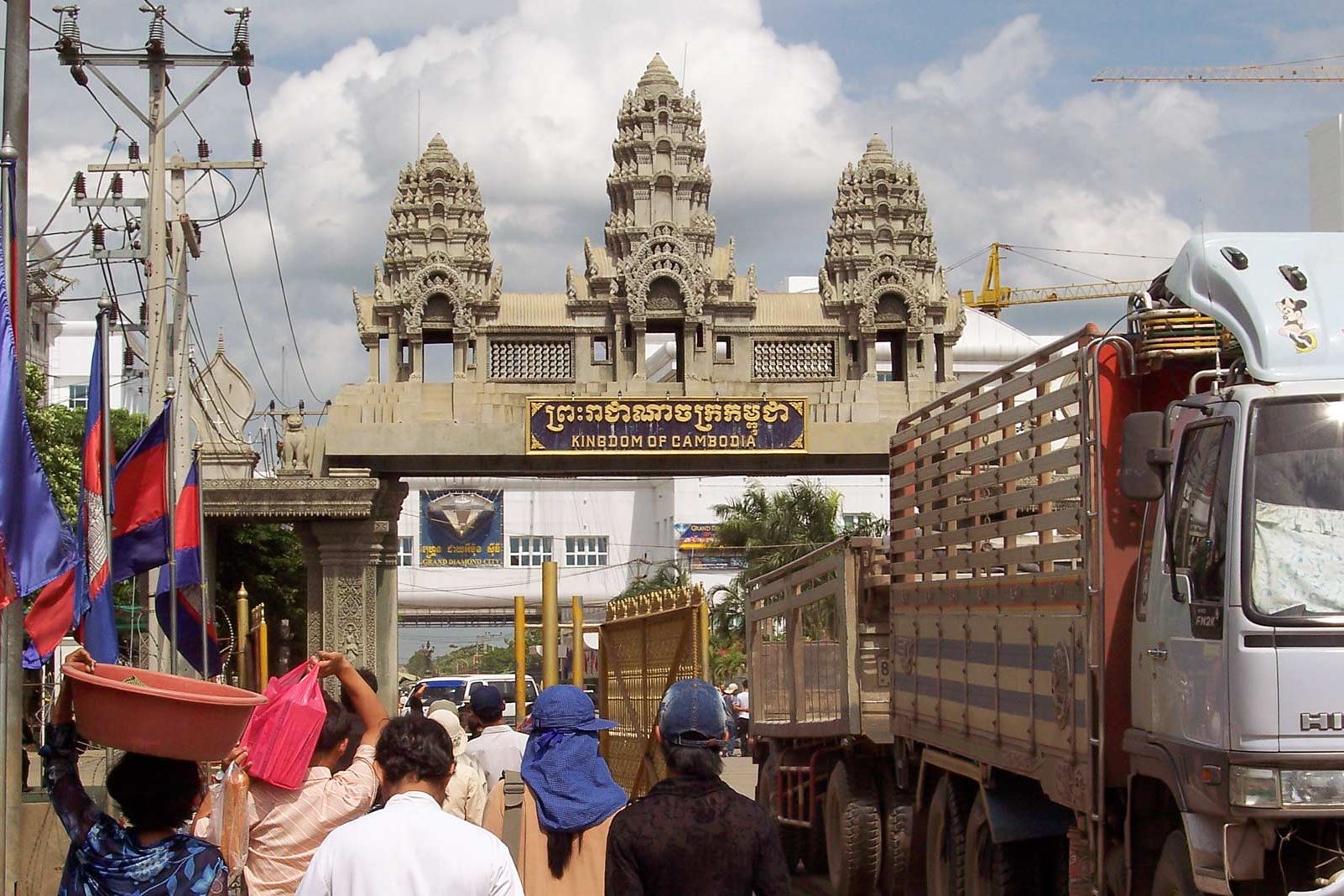
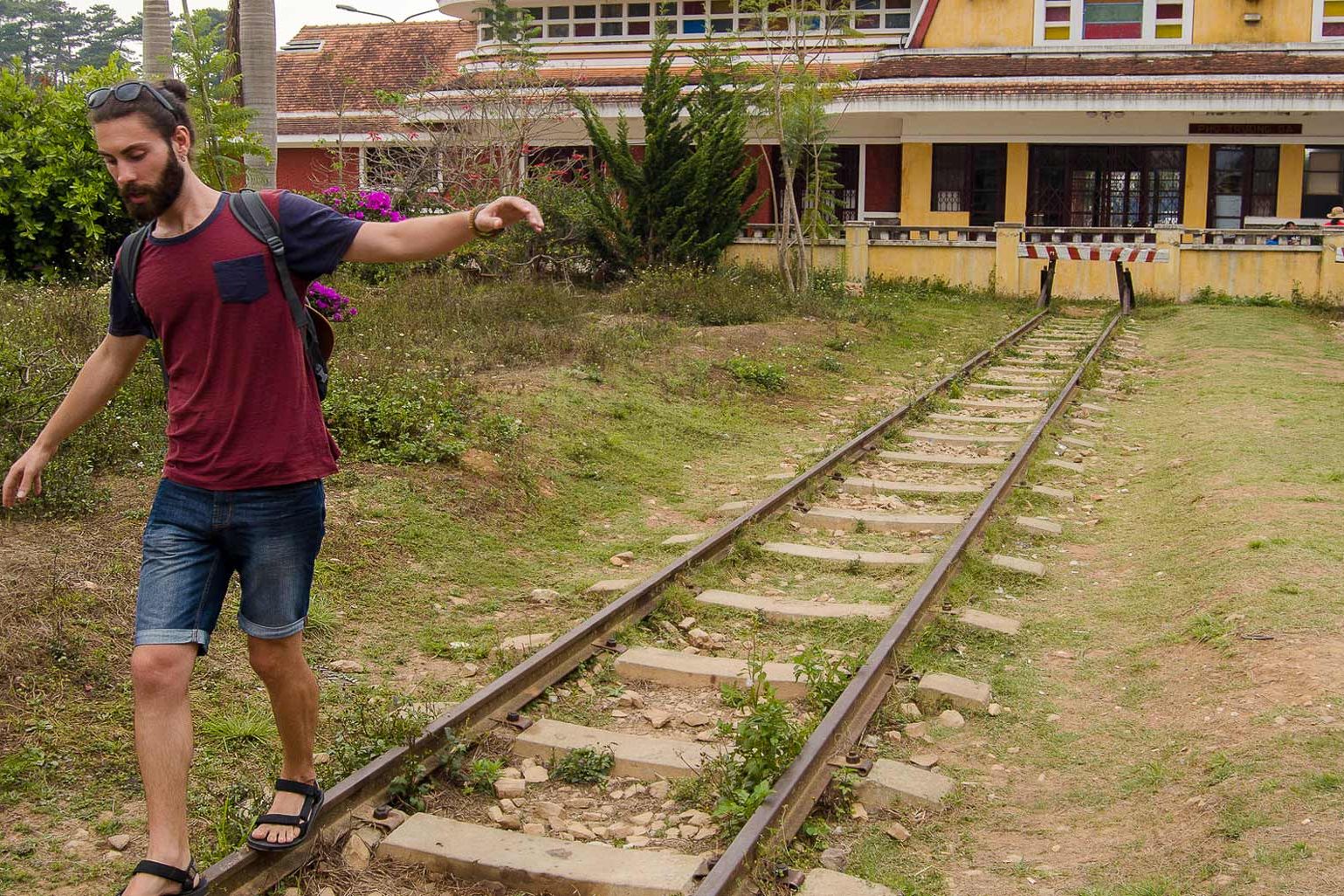
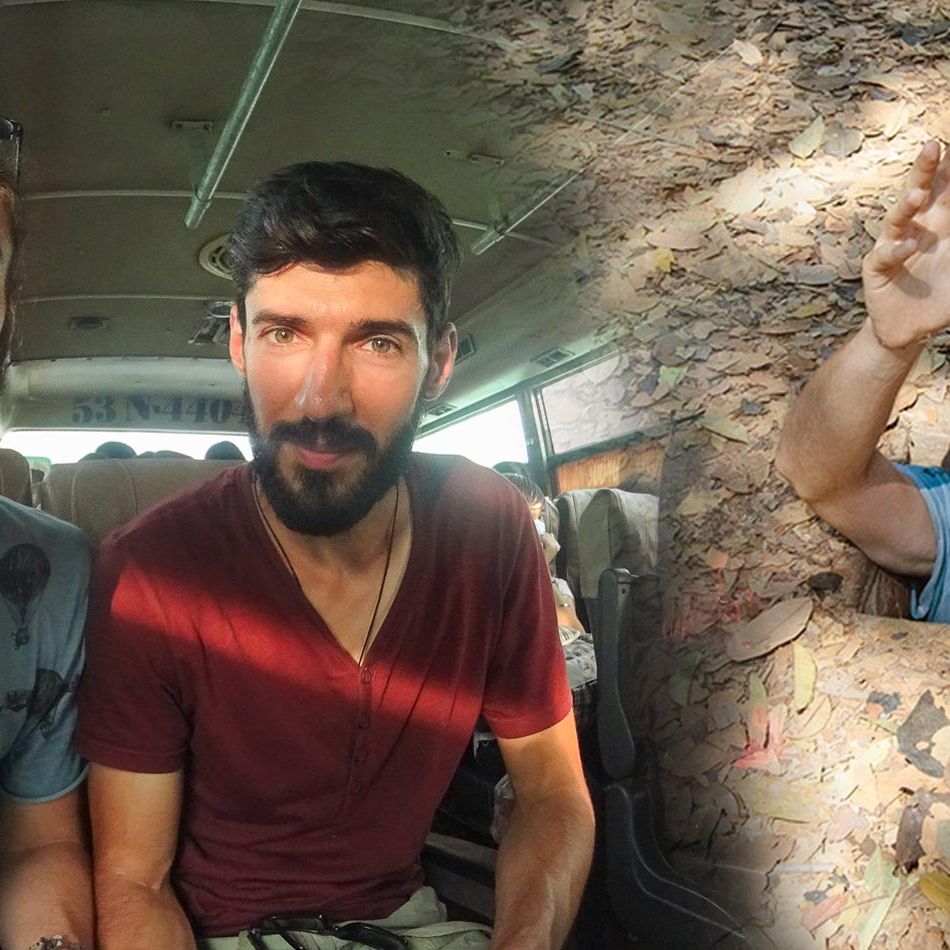
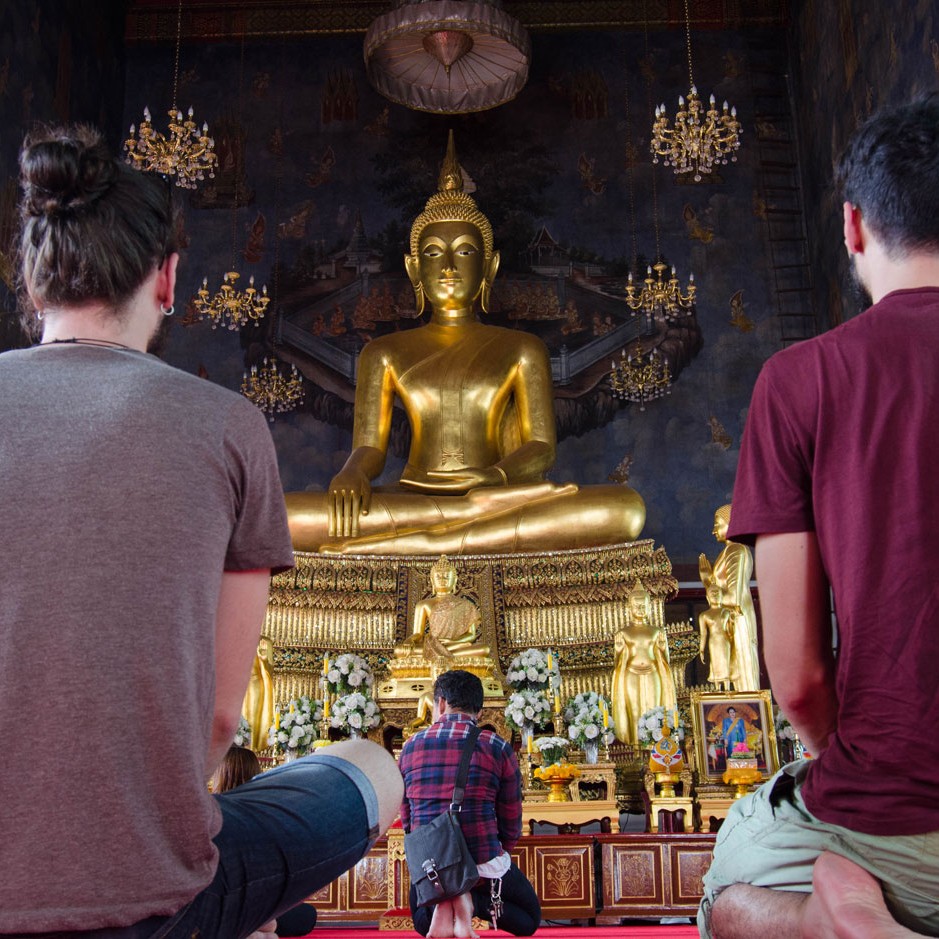
“Be a conscious consumer and buy locally made products to support local communities.” This is a good practice. Sometimes when tourists get carried away and bargain over some handcrafted items (and forget the conversion rate) I feel very sad for the local vendors when tourist slash the price up to 90%. Everyone needs to make a living and have family and children to support.
You’re right!
As the world worst bargainer, what I usually do is to ask around to see the average price of things (just to make sure I’m paying a fair price).
But besides that, I always pay full price because like you said: “everyone has to make a living and has a family to support”.